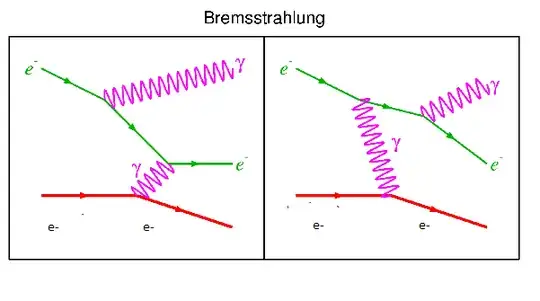Reading this answer I wondered if during an electron-electron interaction real photons have to be emitted.
They don't. The virtual photons of the electromagnetic interaction are virtual. They aren't short-lived real particles that pop in and out of existence like magic. See anna's answer here. Virtual particle only exist in the mathematics of he model.
Since the interaction of two electrons is accompanied by the change of direction and velocity it takes place an acceleration and every acceleration of electrons is accompanied by the emission of photons
Not every acceleration. If you drop an electron it doesn't emit a photon. If you put it in a uniform electric field it doesn't emit a photon.
On the other side I've never seen a Feynman diagram with e-e interaction and real photon emission.
You have in the guise of electron-positron annihilation. There is also cyclotron radiation. I imagine you could contrive that with just electrons.
Will an electron gas cool down, not taking in account the interaction with the boundary walls?
Maybe, see above. It depends. But if you simplify it to one electron in vacuum, it won't slow down unless it interacts with something else.
